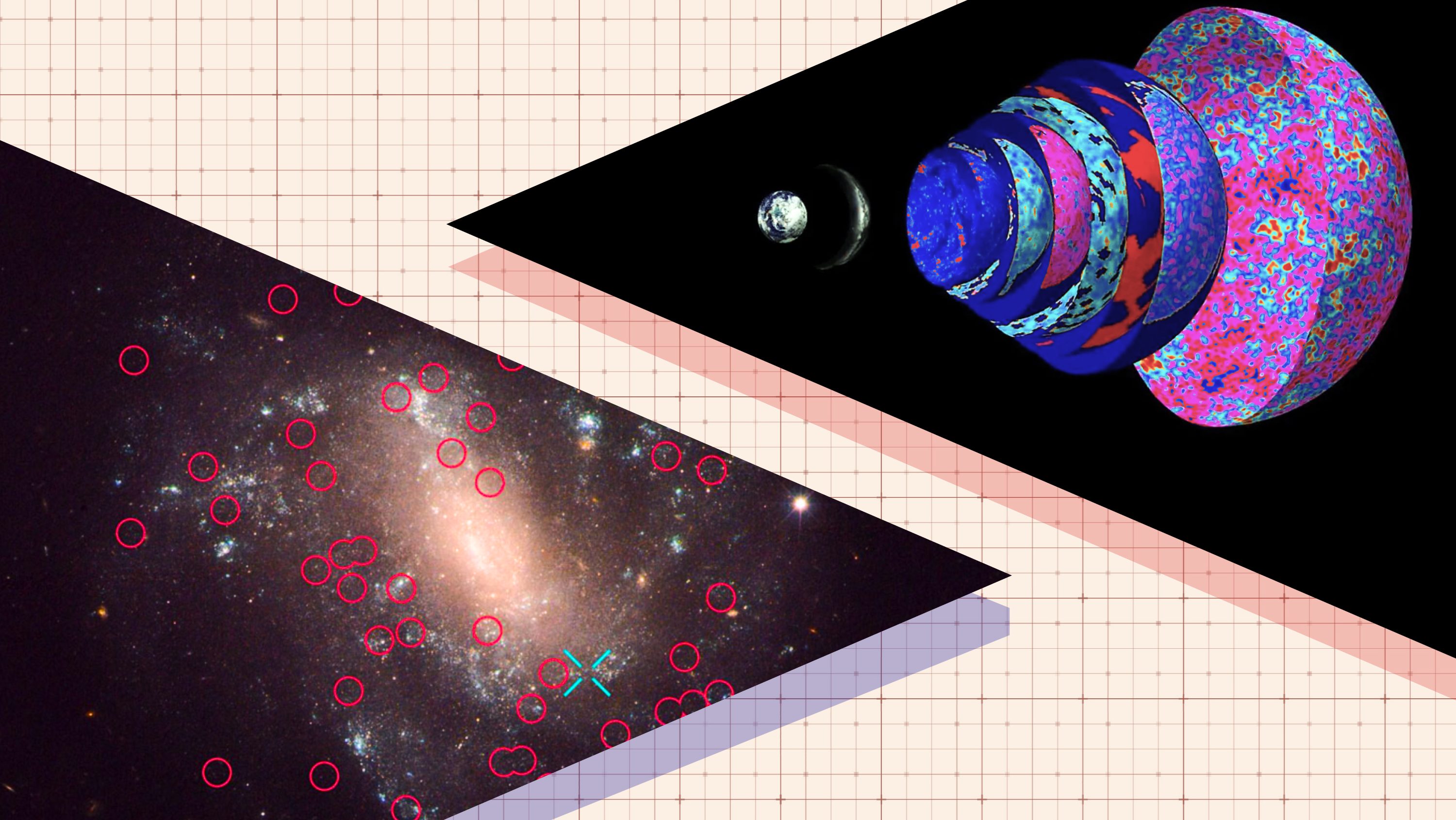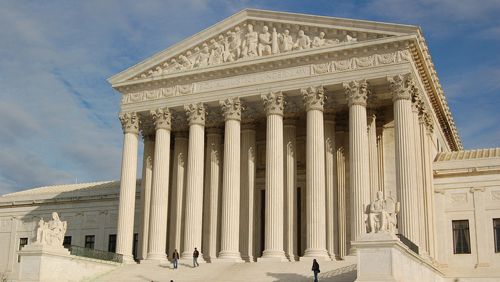Yes, We Need a Poet Laureate

We need poetry in our lives. It is not a luxury. It is not only for an elite. And it does something that no other art form can do, even if one would be foolish to attempt to describe in a blog just exactly what that is. Trust us: we need it, and now that the most magical W.S. Merwin has been appointed our new Poet Laureate, we can rest assured (or, hope?) that new poems will come from him which will address the way we live now, the mistakes we are making, and the possible paths to change, renewal, peace.
The Times lauded the announcement, and told us a bit about who Merwin is, why he is relevant in literary history, how he was anointed early by W.H. Auden, etc. We know he stood up to the Vietnam War and also that he’s heavily influenced by Zen Buddhism. From this can we assume that he has strong thoughts on our current foreign policy, and that perhaps those thoughts will be expressed, and published? We hope so. He lives in Hawaii; did this have something to do with the choice?
You can read Merwin’s poetry here; you can hear him read his own work here. One of the finest pieces of Merwiniana is his interview with The Paris Review, accessible here. An excerpt reads:
INTERVIEWER
Do you see a connection between poetry and prayer?
MERWIN
I guess the simple answer is yes, if only because I think of poetry as an attempt to use language as completely as possible. And if you want to do that, obviously you’re not concerned with language as decoration, or language as amusement, although you certainly want language to be pleasurable. Pleasure is part of the completeness. I think of poetry as having to do with the completeness of life, and the completeness of relation with one’s experience, completing one’s experience, articulating it, making sense of it.
INTERVIEWER
How about the influence of Zen in your work?
MERWIN
When you talk about prayer in Judeo-Christian terms, prayer is usually construed as a kind of dualistic act. You’re praying to somebody else for something. Prayer in the Western sense is usually construed as making a connection. I don’t think that connection has to be made; it’s already there. Poetry probably has to do with the recognizing of that connection, rather than trying to create something that isn’t there.
Whether or not you believe poetry to be close to prayer (whether or not you pray or know poets), this is a good time to read Merwin. Perhaps he will inspire other younger writers to write poems. What is left to lose? Poet Laureates don’t serve for long (less than a school year), and their “duties” are loosely assigned. Yet the existence of the position is meaningful in and of itself; there is no Novelist Laureate, after all.





